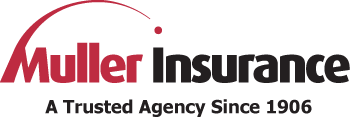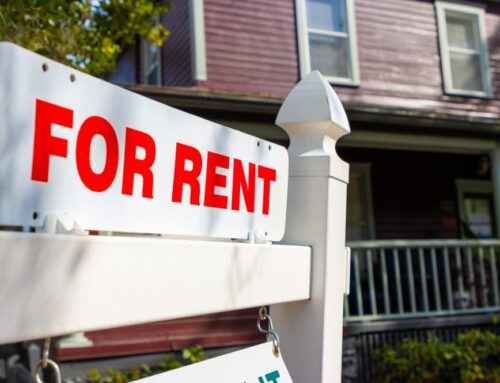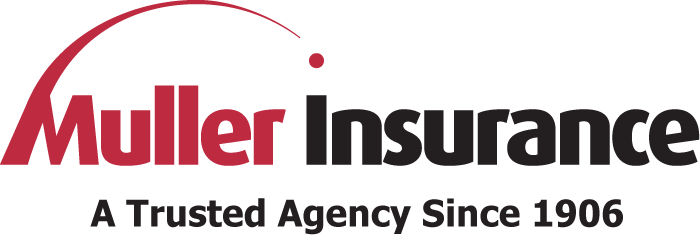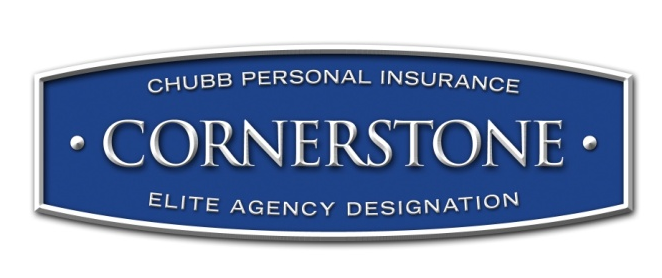When property damage occurs, landlord insurance helps you make the necessary repairs. Yet as contractors get to work, property owners face another problem: rental income loss. When tenants are unable to live in their units, monthly rent payments cease and property owners are left with expenses that can be tough to pay. Fortunately, your insurance should include income protection to replace these funds during this time. How does it work? Here, Muller Insurance explains everything you need to know about managing the sudden loss of rental income.
When Does Insurance Cover Rental Income Loss?
As a landlord, you should have insurance coverage that’s tailored to the type of property you rent, including single- and multi-family homes, properties with multiple units, and apartment buildings. These policies cover structural damage to your property and liability, as well as coverage for the income you lose during repairs, known as fair rental income protection.
Fair rental income protection covers the rent lost when rental units become uninhabitable due to a covered loss. This coverage extends for the duration of the repair work or a specified period, usually up to 12 months, to replace income lost during this time. Keep in mind, however, that your insurance policy provides payments based on fair market rent rather than the actual rent paid by your tenants. Accordingly, if your tenant pays $2,000 each month in rent, but the apartment’s fair market value is determined to be $1,500, you will receive $1,500 for the unit each month until repairs are complete or the period of coverage passes.
What Isn’t Covered?
While this coverage is a great way to maintain your income while repair work is underway, property owners are only entitled to payouts when they are not responsible for the damage. Your policy will not cover losses in the following categories:
- Damage due to negligence: You cannot receive payments for damage caused by a failure to care for your property, such as a leak you ignored or a known fire hazard that was not addressed.
- Flood damage: Just as your standard landlord insurance will not cover repairs due to flooding, you will not receive income loss payments while these repairs are made.
- Income loss unrelated to property damage: When tenants fail to pay rent or are evicted, or if you are unable to find tenants, income protection does not apply.
Additionally, if you are improperly covered by a homeowner’s insurance policy rather than a policy designed and rated for rental properties, you are not covered for rental income loss. In these cases, you may also be ineligible to receive payments for property damage and liability. This is especially important for a rental property that was once the owner’s primary residence. Be sure to consult with your insurance agent if the status of your property changes to ensure you have the appropriate coverage.
Get the Protection You Need For Rental Income Loss
Whether rental properties are your primary source of income or a supplement, no property owner can afford to miss payments while essential repairs are made. If you have questions about your insurance policy and current level of coverage, contact Muller Insurance today. We’ll assess your needs and help determine the coverage you require to protect against loss. For more information, call 201-659-2403 to speak with a representative.








